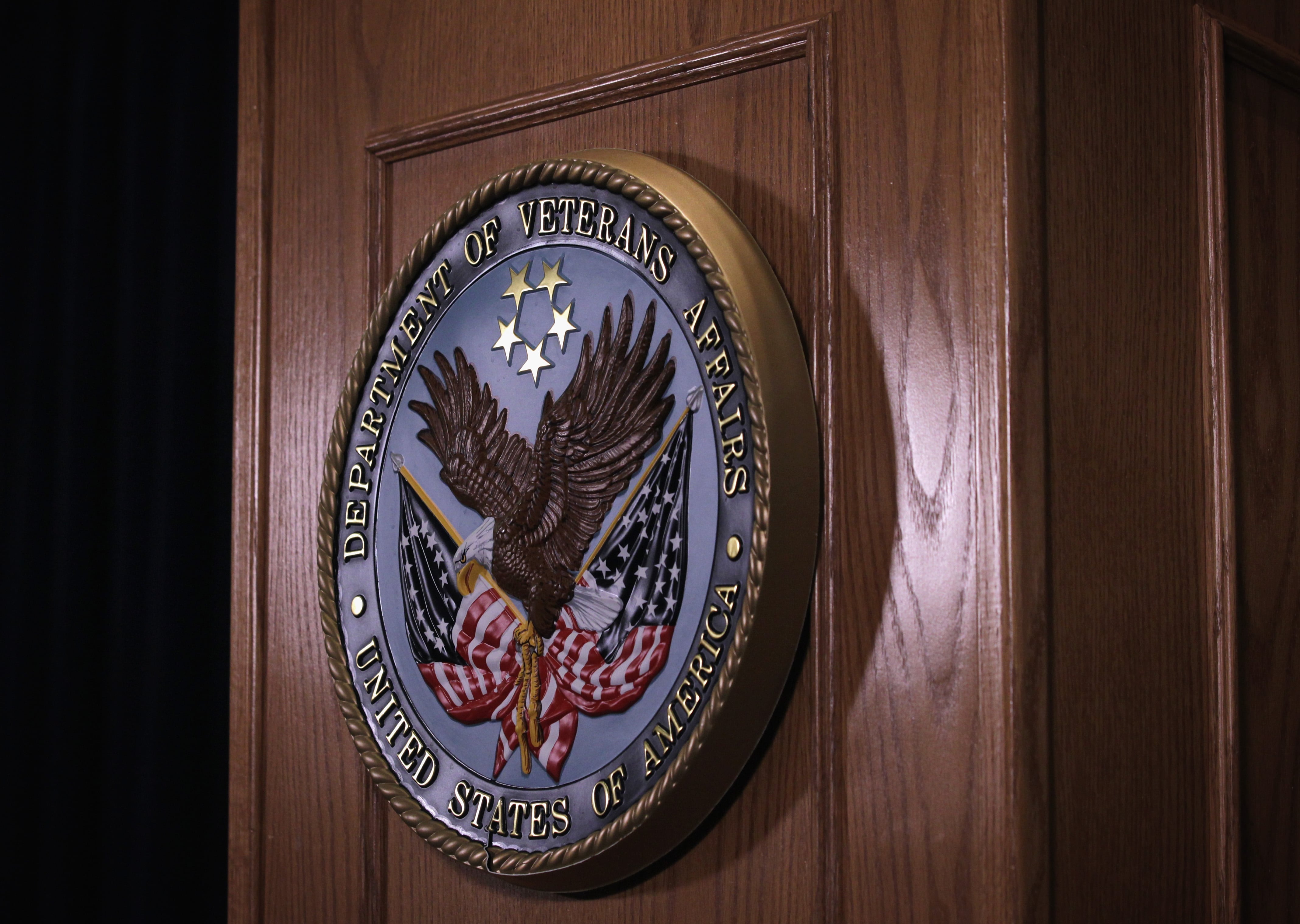Alexander Klopfenstein had 83 problems standing between him and boot camp.
He weighed 280 pounds, well above the 197 pound standard the Marine Corps set for his 5-foot, 11-inch frame. Making things tougher, the former distance swimmer in high school fell out of shape after he graduated.
"I wasn't really happy with myself for gaining so much weight after high school," he said. "I used to be athletic, then all of a sudden I wasn't. I couldn't swim any more. I couldn't run."
But he wanted to be a Marine.
"This was pretty much my dream job. I pretty much always wanted to join the Marines. There was that, and there was nothing else I imagined myself doing," he said.
So he had to fix his problems. He changed the way he ate and started working out again. His problems fell to 82. Then 81. Then 80 and counting. He eventually reached 221 pounds, light enough to sign his enlistment contract.He didn't stop working though, and weighed in at 197 pounds when he shipped out to Marine Corps Recruit Depot, San Diego, in April. Now Klopfenstein, from Bakersfield, California, is a 21-year-old private waiting to start Marine Corps Intelligence School and become an intelligence specialist.
His transformation took around a year and it astonished his recruiters.
"I haven't heard of anyone doing this. I've heard stories about guys losing weight to join the Marine Corps, but this impressed the hell out of me," Staff Sgt. Richard Guerrero, station commander at Recruiting Substation Bakersfield East.
There are a lot of hopeful candidates that say they're going to drop weight, but never do it, Klopfeinstein's recruiter, Staff Sgt. Carlos DeLeon said.
"I've heard it enough times where I don't believe it," he said.
Klopfenstein as well as his recruiters said that he did nothing fancy or unusual to get into standards. He was just consistent with his new diet and workout regimen and he was committed to his goals.
"He was motivated," DeLeon said, adding, "sometimes he just needed a little push."
Klopfenstein started his transformation without help from his recruiters. He showed up to their office they put him on the scale and explained it to him straight.
"I just couldn't picture the thin face. I thought he was going to need a lot of work to make it happen … I told him up-front what the requirements were just to go to boot camp, how demanding that was going to be. And he was up for the challenge," DeLeon said.
Klopfenstein had to cut almost 50 pounds just to sign his enlistment contract. From there recruiters said they could work with him to trim down to 197 pounds, the maximum weight standard for his height.
Importantly, he had started fixing his problems on his own.
"I was just mainly staying away from junk food. I cut out junk food and I cut out red meat," he said.
He jogged and lifted weights every day and slowly shed the weight. His time for the 1.5-mile run dropped from around 16 minutes to 11 or 12, and he could crank out 44 crunches. Months later, he was light enough to go back to the recruiting station and sign his contract, but he also wasn't losing any more weight and he couldn't do any pull-ups. He felt like he had plateaued, he said.
"At first I had no freaking clue on how to improve on a pullup. That's why I didn't improve," he said.
His recruiters gave him some more advice for his diet, and they told him the proper way to train for pullups.
While training on his own he would use a pullup machine to help lift him through the motion. But he learned from his recruiters that he should set the machine so that he could do ten sets of pullups. Then, when he mastered that level of difficulty, he made it tougher until he built up more strength before eventually doing a pullup on his own.
His diet needed further altering as well. He thought homemade sandwiches were a healthy option, but the bread wasn't good for someone who's trying to lose weight. Dairy was out too.
"I ended up finding out that yes, it is good for you, but it's bad for you when you're trying to lose weight."
He went to the grocery store and started eating crab salads, while noshing on cashews and peanuts throughout the day. Fish and chicken were his staple proteins. He lost around five more pounds.
After a month, his recruiters paired him with a recruiter assistant for his workouts. This was the final push that brought him into weight and physical fitness standards, Klopfenstein said.
They would challenge them during training and he worked harder than before. He quit his job to have more time to workout, and he typically exercised twice a day, but on some days he would work out as many as three times.
After a month of this regimen he dipped below 197 pounds. He could do five pullups and nearly 100 crunches, and clocked an 11:25 on the run, he said. He was down 83 pounds from his peak weight and could ship out. His body had changed to the point where his old clothes didn't fit, and he had to buy a new belt to keep his pants up.
He left for boot camp in April and continued to lose weight.
"I ended up losing 20 pounds in boot camp. And that's just because it's boot camp," he said.
When he got out, like a lot of brand-new Marines, he used his first paycheck to get a properly fitting wardrobe.
"Even my belt didn't work for me. I went to put my belt on and my pants were falling down," he said.
He had slimmed-down so much that the tightest hole was too loose for him.
"I had to buy a new belt too," he said.
He gained some of the weight back during Marine Combat Training, but he said his transformation isn't over.
"I shed most of it. I still have a little bit more to go, and I plan to shed that, too," he said.
The frequency of this problem and the rarity of success stories like Klopfeinstein's worry military brass. A 2012 report from Mission: Readiness, a non-profit organization lead by retired senior military officials, found that a quarter of young adults are too obese to join the military, and weight is the No. 1 reason why people can't join the service.
As a result, otherwise qualified and willing young men and women are stuck on the bathroom scale and out of uniform.





